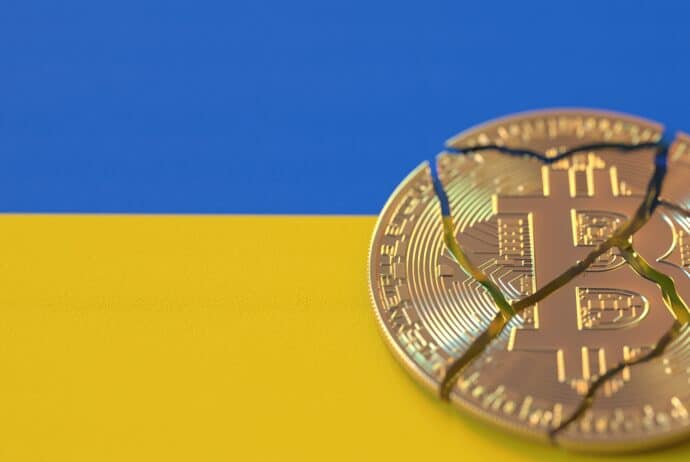Key Insights:
- Ukraine boosts crypto crime-fighting skills with Vienna training.
- OSCE-UNODC program enhances Ukraine’s digital asset oversight.
- International support bolsters Ukraine’s fight against digital asset financial crimes.
Vienna recently hosted an intensive training course to empower Ukrainian officials with advanced skills for investigating crimes involving cryptocurrencies and virtual assets. From November 14 to November 17, this four-day program was organized by the Office of the Co-ordinator of OSCE Economic and Environmental Activities in close collaboration with the United Nations Office on Drugs and Crime.
Empowering Ukrainian Law Enforcement
The course welcomed 14 Ukrainian law enforcement and supervisory officials, who delved into the intricacies of tracking financial crimes in the rapidly evolving digital asset sphere. Consequently, participants gained hands-on experience using specialized analytics software, essential for tracing transactions across various blockchains. This training marks a significant step in Ukraine’s commitment to upgrading its capabilities in handling modern financial crimes.
Moreover, this initiative reflects the increasing reliance on virtual assets and cryptocurrencies within Ukraine, necessitating a more robust approach to law enforcement and regulatory oversight. The OSCE report highlights the critical need to fortify the expertise of Ukrainian officials in this domain, ensuring they remain at the forefront of combating such sophisticated financial crimes.

CypherMindHQ.com Artificial Intelligence Crypto Trading System - Surpass the competition with this cutting-edge AI system! Utilize the prowess of innovative algorithms and amplify your crypto trading strategies with CypherMindHQ. Learn more today!
Interestingly, this isn’t the first instance of Ukrainian officials receiving training in cryptocurrency investigations. Ernst, a key figure in the training program, revealed that there had been similar sessions. Additionally, he underscored the OSCE’s ongoing commitment to support Ukraine in battling money laundering activities, especially those involving virtual assets and cryptocurrencies.
This training initiative is part of the larger project “Innovative Policy Solutions to Mitigate Money-Laundering Risks of Virtual Assets.” It draws financial backing from several countries, including the United States, the United Kingdom, Germany, Romania, and Poland. Aimed at assisting governments in Georgia, Moldova, and Ukraine, the project focuses on mitigating criminal risks associated with digital assets and cryptocurrencies.
Collaborative Initiatives to Combat Financial Crimes in Digital Assets
Recent collaborative efforts between Tether, the stablecoin issuer, and law enforcement agencies in Ukraine and Israel underscore the relevance of such training. These partnerships led to the freezing 32 addresses linked to suspected terrorist activities. In total, assets worth $873,118, spread across various wallet addresses in Israel and Ukraine, were frozen. Contrary to popular belief, this action punctuates the notion that cryptocurrency transactions are not inherently anonymous. Instead, they offer traceability and transparency that can be crucial in law enforcement operations.
Paolo Ardoino, Tether’s CEO, emphasized the traceable nature of cryptocurrency transactions, countering the common misconception of their anonymity. This aspect of cryptocurrencies plays a pivotal role in the effectiveness of the training provided to Ukrainian officials. It enables them to leverage the transparency of the crypto ecosystem in their investigative processes.
As the digital financial landscape continues to evolve, the importance of such training cannot be overstated. It equips law enforcement and regulatory bodies with the necessary tools and knowledge to effectively navigate and combat the complexities of financial crimes in the digital age. This proactive approach by Ukraine, supported by international partnerships and training programs, sets a precedent for other nations grappling with similar challenges in virtual assets and cryptocurrencies.



